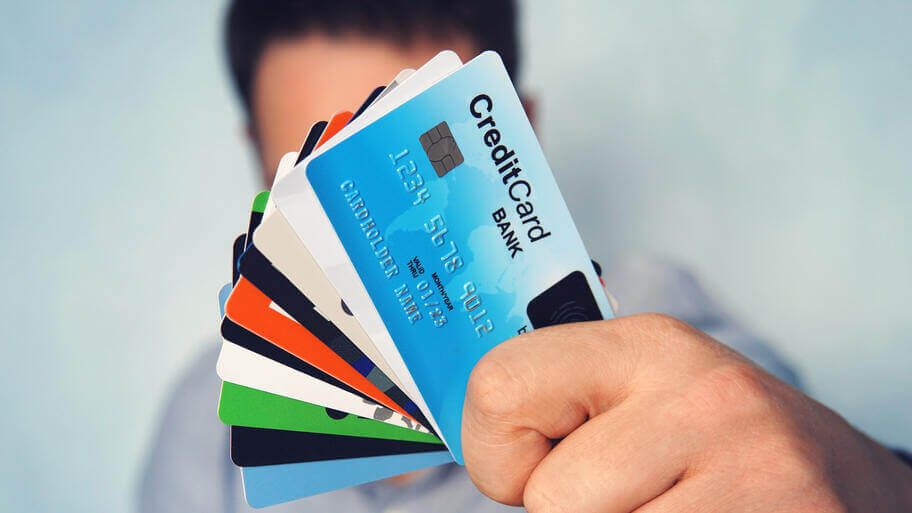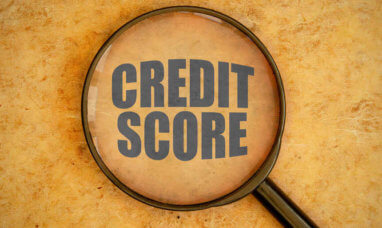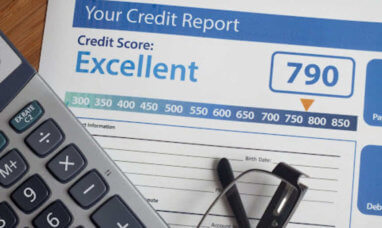Your credit history is a record of how well you have managed to repay your debts, including loans and credit cards.
You will find your credit history in your credit reports. Your credit reports also contain other information about your financial situation.
Credit History Definition
Your credit history is made up of different types of information. Some of what is included in your credit history are:
-
-
- The amount you owe on each credit account you have open.
- How many total accounts you have had in the past – both open and closed ones.
- Your payment history includes if you pay bills on time and negative marks on your account from collections or delinquencies.
- The types of credit account you have, either installment or revolving credit.
-
Put simply, your credit history is a number that reflects your ability to repay your debts and how you have repaired (or failed to repair them) in the past. The information is recorded in the credit report, which provides all the information above.
Your credit report is also going to include information about judgments, collections, liens, or bankruptcies you have.
If you aren’t sure how to check your credit history, you need to learn how to check credit history using SSN, which is actually easier than it may seem. Sometimes, your credit history report for a PPI claim is used, as well, which may impact your ability to recover damages.
Credit History vs. Credit Report
Your credit history is the primary component of your credit reports. A credit report is a data file that is created by the reporting credit agencies, including TransUnion, Equifax, and Experian. These are the credit bureaus that receive and collect information from all your creditors.
Along with your credit history, the report will also include things like:
-
-
- Your legal name
- Current and former addresses
- Employers’ names
-
Every consumer can receive their credit report, for free, from each of the credit bureaus annually. It’s a good idea to request and look over your credit reports regularly to find and fix any mistakes and to stop cases of fraud before they negatively impact your credit score.
Why Credit History Is Important
You may wonder why knowing your credit history is important. Your credit history often determines what you can or cannot buy.
For example, you may wonder, “can I remortgage with bad credit history?” The answer to this depends on the lender. You may also wonder if there are loans for bad credit history and no guarantor, and again it depends on the lender and what they find in your credit history.
A potential creditor, like credit card companies and mortgage lenders, use information in your credit history to determine if they will extend credit to you. The information in your credit history will also be used to determine your FICO score.
When a creditor looks at your credit history, they will assess several factors, as mentioned above.
The Issues with a Bad Credit History
If you have a bad credit history, it likely mean you have not paid your bills on time and that you have a large amount of outstanding debt. Some factors that contribute to bad credit history include:
-
-
-
- Applying for many new lines of credit in a short period of time
- Excessive use of your available credit
- Missed or late payments
- Charge-offs
- Settled accounts
- Repossession
- Foreclosure
- Bankruptcy
-
-
If you have bad credit, it can result in constant challenges as you try to get new credit cards or loans, lower credit limits, and higher interest rates. Also, if you are in a position where you must pay a security deposit for something like an apartment, car rental, or cell phone, it will be likely be higher than if you had a good credit history.
You may wonder if you can transfer credit history to a new SSN, which is impossible. Once you have established bad credit, it is up to you to correct it by taking the appropriate steps, as outlined here.
It is possible to repair bad credit by being patient. Remember, this isn’t going to happen overnight. Make sure you check your credit score regularly to see what negative factors you need to work on. You also need to pay your bills on time, apply for new credit sparingly, reduce your overall debt, and, if possible, find someone with good credit to co-sign when you apply for new credit.
Dealing with No Credit
Suppose a potential borrower does not have any credit history, for example, someone in college or another young adult. In that case, they may find it challenging to be approved for leases or financing.
Sometimes, landlords may decide not to rent these individuals an apartment because they don’t have sufficient credit history that shows their ability to make payments on time.
While this can be frustrating, there are a few things you can do to establish a credit history. For example, you can take out a smaller personal loan or apply for a credit card that provides you with a smaller credit limit.
With this type of usage, you can show other creditors how well you manage your debt on a small scale and establish a good credit history. You may want to ask a family member or friend with good credit to open a joint account with you. Other options include a secured credit card or credit that is backed by a savings account.
Credit professionals recommend building a positive credit record by making reputable payments on debt instead of paying it off completely. This means paying more than the minimum required, which helps to reduce the amount of interest you have to pay overtime. This helps to prove your financial responsibility.
As you can see, your credit history plays a huge role in your ability to get approved for credit and more. Be sure you know your credit history and take steps to correct any mistakes on the report you receive. Doing this will set you up for success financially and minimize issues you may experience due to poor, bad, or no credit.
Featured Image: Megapixl








